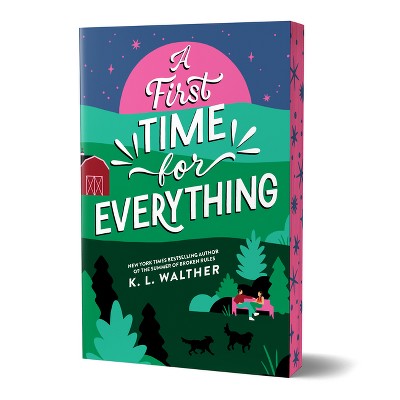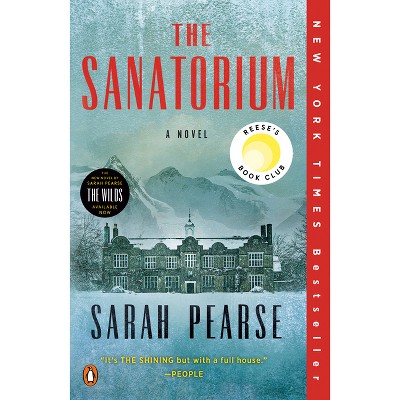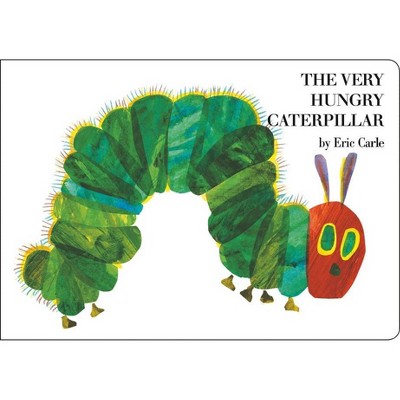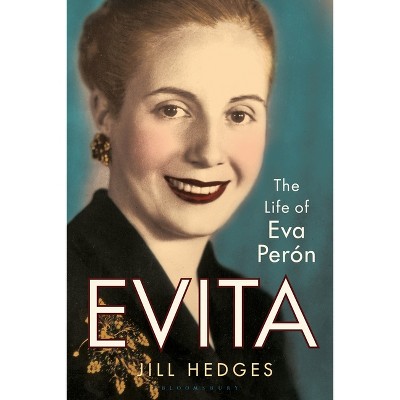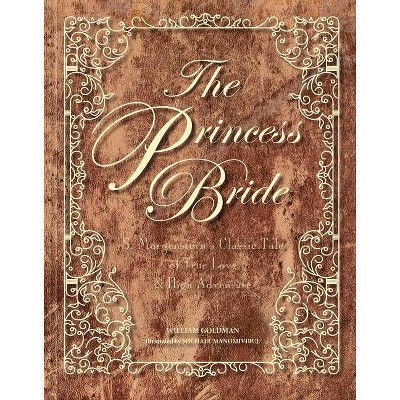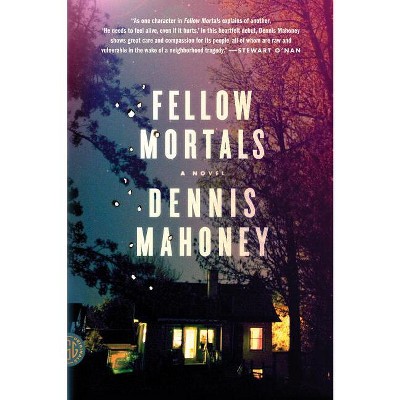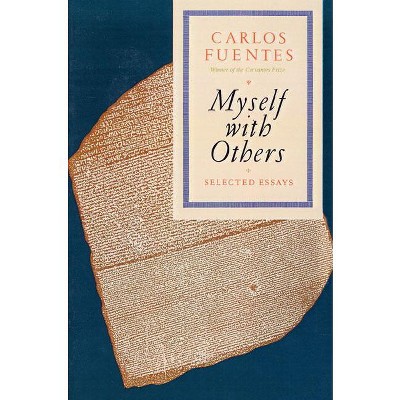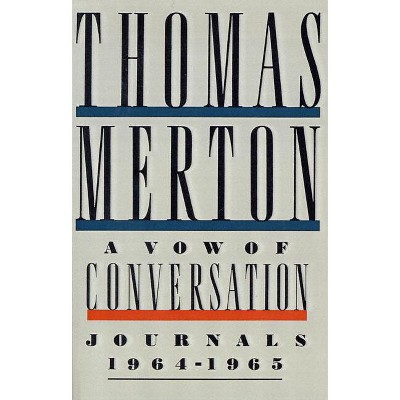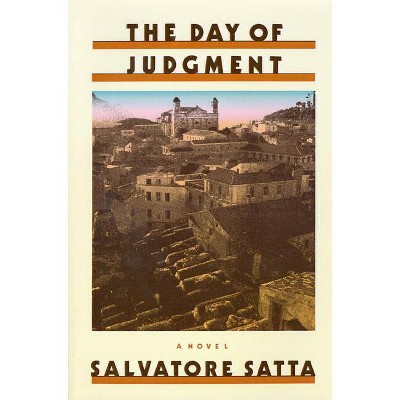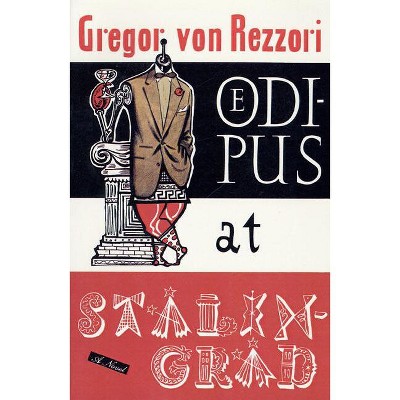Sponsored

The Flagellants - by Carlene Hatcher Polite (Paperback)
In Stock
Sponsored
About this item
Highlights
- Feminist and civil rights activist Charlene Hatcher Polite interrogates the violent conflicts at the intersection of race and gender in her first novel, The Flagellants.
- About the Author: Carlene Hatcher Polite (1932-2009) worked as a professional dancer in Detroit and New York City and for several civil rights organizations before turning to writing.
- 214 Pages
- Fiction + Literature Genres, Literary
Description
About the Book
Feminist and civil rights activist Charlene Hatcher Polite interrogates the violent conflicts at the intersection of race and gender in her first novel, The Flagellants.Book Synopsis
Feminist and civil rights activist Charlene Hatcher Polite interrogates the violent conflicts at the intersection of race and gender in her first novel, The Flagellants.
Ideal and Jimson are a young black couple living in New York City, whose escalating verbal and physical clashes reflect the casual brutality inflicted on African Americans. Dismissed by some for its experimental, nonlinear style and dense dialect, The Flagellants was praised by others for its powerful voice of rage against an oppressive society. As The New York Times Book Review noted upon its publication, the book "was among the first fictional works by a black woman to focus directly on the theme of the sometimes bitter antagonism between black men and women," a theme later taken up by Toni Morrison and Alice Walker.
Originally published in France to critical acclaim and only later in the U.S., The Flagellants is at once a scathing critique of black masculinity and femininity, race relations in the 1960s, and invented dichotomies across the human experience.
Review Quotes
"A complex, scathing and often brilliant depiction of the disintegration of a black couple's relationship. . . . The Flagellants portrays a modern-day love affair gone sour--both Ideal and Jimson are presented with equal care and depth." - New York Times Book Review
"[Jimson and Ideal] brilliantly and bitterly tear off layer after layer of rationalization and myth. ... It is rare in fiction for characters to possess complete awareness of their situation. That is what happens here. ... Novels so ambitious almost always fail. ... The Flagellants succeeds." - The American Scholar
"Polite is not a blend of influences; she is. As a writer, she is immediately, irruptively, lyrically herself. As with most good writers, her writing has a life of its own, a life within the larger life of the work for which it is employed. ... The Flagellants does not attempt to define reality, psychical or political or social or 'real.' It is an attempt genuinely to exist, to be reality--a task more difficult for the novel every day. ... But this book is art, not argument. Everything in it grows from its texture. Its language is acutely sensory or vaultingly rhapsodic." - The New Republic
About the Author
Carlene Hatcher Polite (1932-2009) worked as a professional dancer in Detroit and New York City and for several civil rights organizations before turning to writing. In 1964 she moved to Paris where she wrote two novels, The Flagellants and Sister X and the Victims of Foul Play. She later taught creative writing at the University of Buffalo until her retirement in 2000.Shipping details
Return details
Trending Literary Fiction



